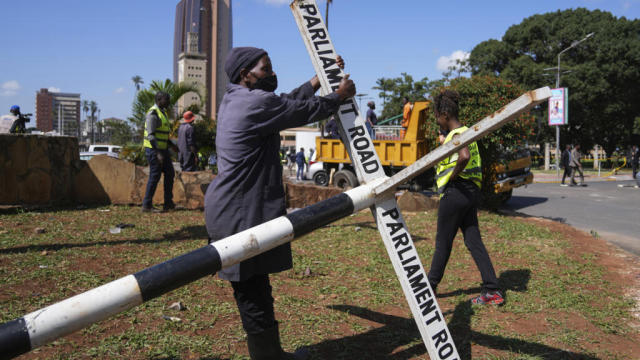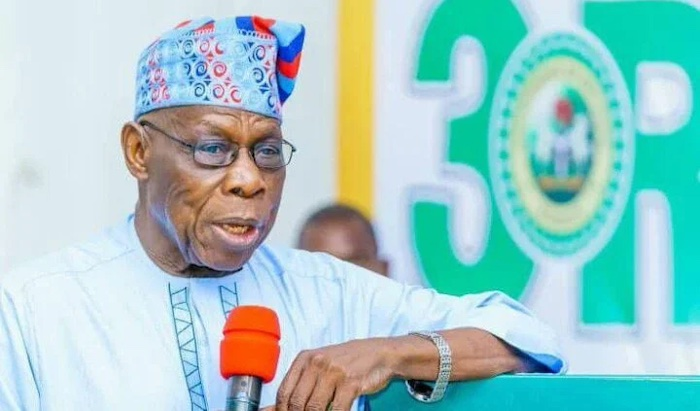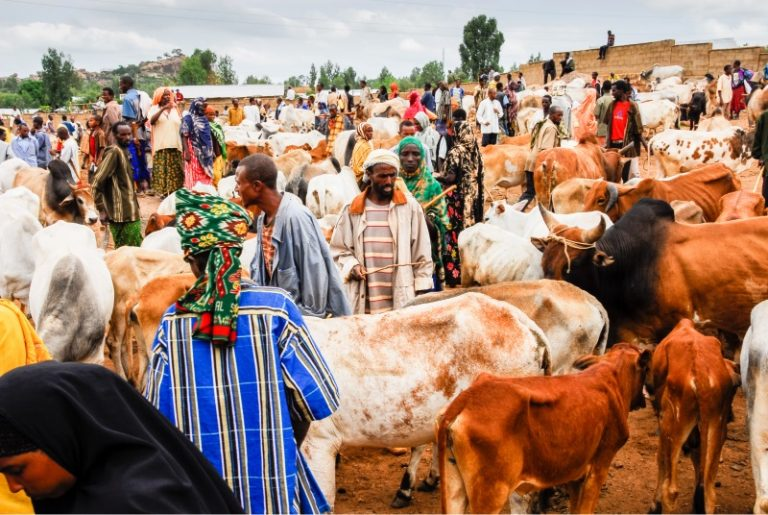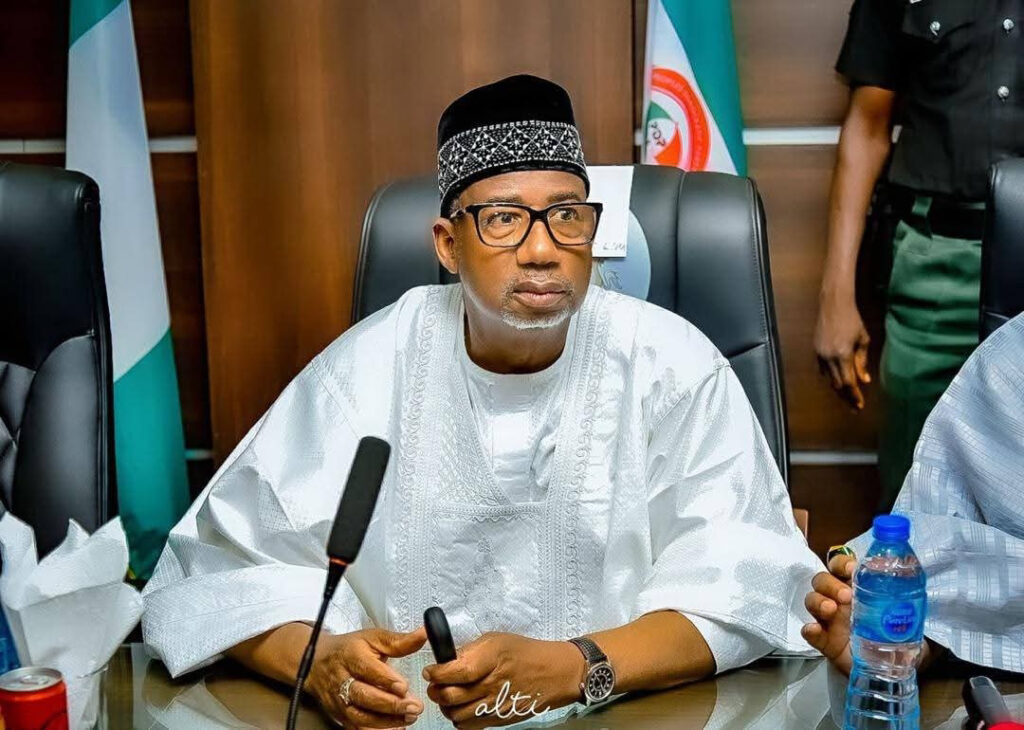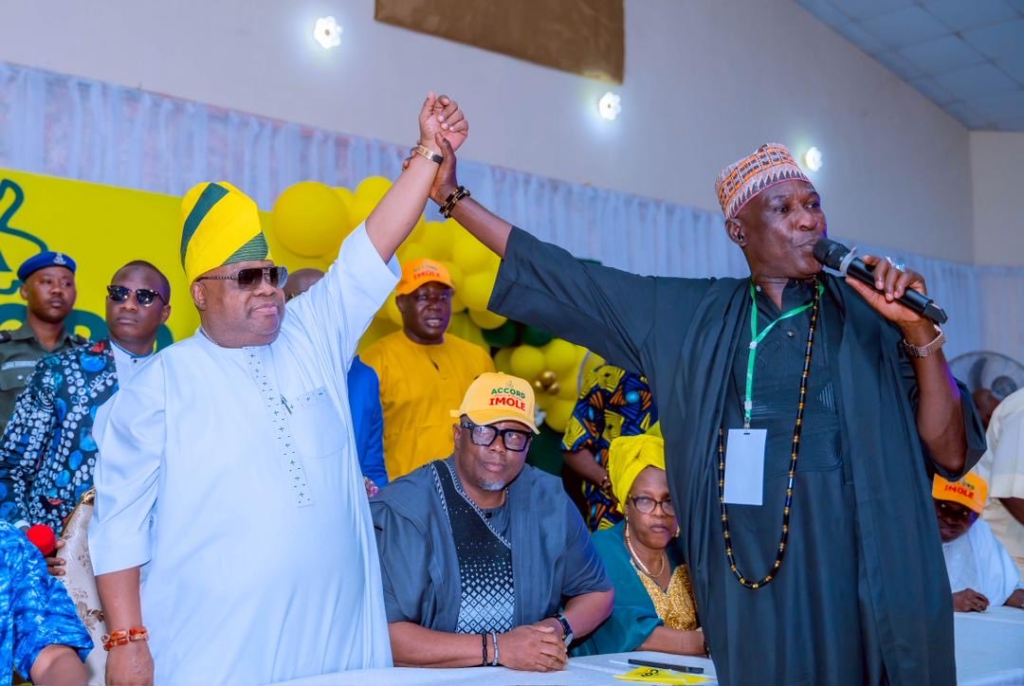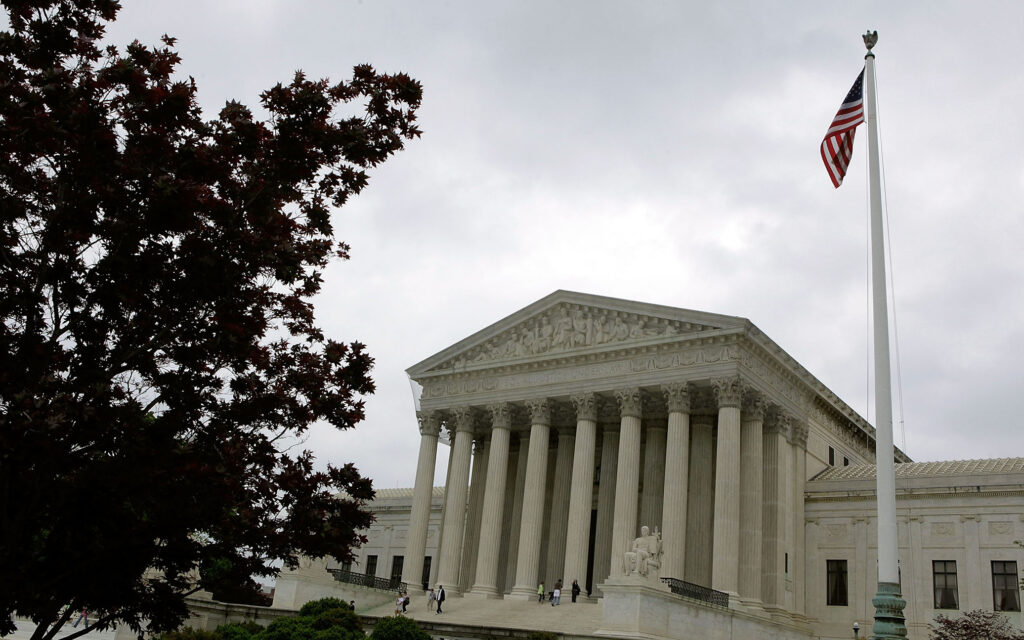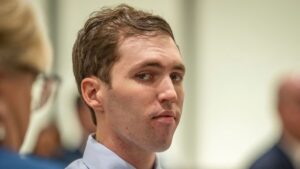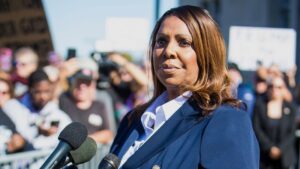At least 13 protesters were killed during demonstrations in Kenya, according to doctors, as unrest against new tax proposals intensified on Tuesday. A section of parliament was set ablaze by an enraged crowd that broke through police lines in the capital, Nairobi.
In a televised address on Tuesday evening, President William Ruto vowed to use all means necessary to “thwart any attempts by dangerous criminals to undermine the security and stability of our country.” He has deployed the military to help quell the protests.
Accusations of excessive force by security forces, including the use of live ammunition, have been made by several groups. Simon Kigondu, president of the Kenya Medical Association, told AFP that the death toll of 13 might rise.
Unverified social media reports suggest that dozens more may have been shot dead by security officers overnight, with reports of fatalities in other protest-hit areas across the country.
The protests, which have been ongoing for days, are in response to an unpopular finance bill proposing several tax increases. The unrest escalated on Tuesday when MPs passed an amended version of the bill.
Protesters vandalized the interior of parliament, setting parts of the complex on fire and stealing the ceremonial mace, symbolizing the legislature’s authority. According to the Kenya Medical Association, police responded with live ammunition.
In a BBC report, several bodies were seen lying on the streets in pools of blood in Nairobi. The protests have been largely organized by young people through social media.
“There are some things that are hard to understand, like how can you impose 16% tax on bread? How can you tax sanitary pads?” 24-year-old Derrick Mwathu said, referring to some of the controversial proposals in the original bill.
President Ruto vowed a firm response to what he described as “violence and anarchy”.
“It is unacceptable and unimaginable that criminals posing as peaceful protesters can spread terror against the people, their elected representatives, and our constitutional institutions, and expect to evade consequences,” Mr Ruto stated.
On Wednesday morning, Speaker of Parliament Moses Wetangula commended young people for driving discussions on the finance bill and the state of the economy. However, he emphasized that “violence, disrespect, wanton destruction of property, and direct attacks on public institutions will not be tolerated”.
The killing of protesters has sparked widespread condemnation from human rights advocates, lawyers, and religious leaders. Wanjeri Nderu, head of the International Society For Human Rights, described the protest scenes as “reminiscent of war”, highlighting police use of live ammunition even before the breach of parliament.
Catholic bishops also condemned the police response and urged law enforcement to refrain from using firearms against protesters, while encouraging demonstrators to maintain peace.
The Law Society of Kenya called for international criminal investigators to support families seeking justice, citing reports of military involvement in clashes at parliament.
UN Secretary-General Antonio Guterres expressed deep sadness over reports of deaths and injuries, including among journalists and medical personnel, linked to the protests in Kenya. He urged Kenyan authorities to exercise restraint and called for all demonstrations to remain peaceful.

